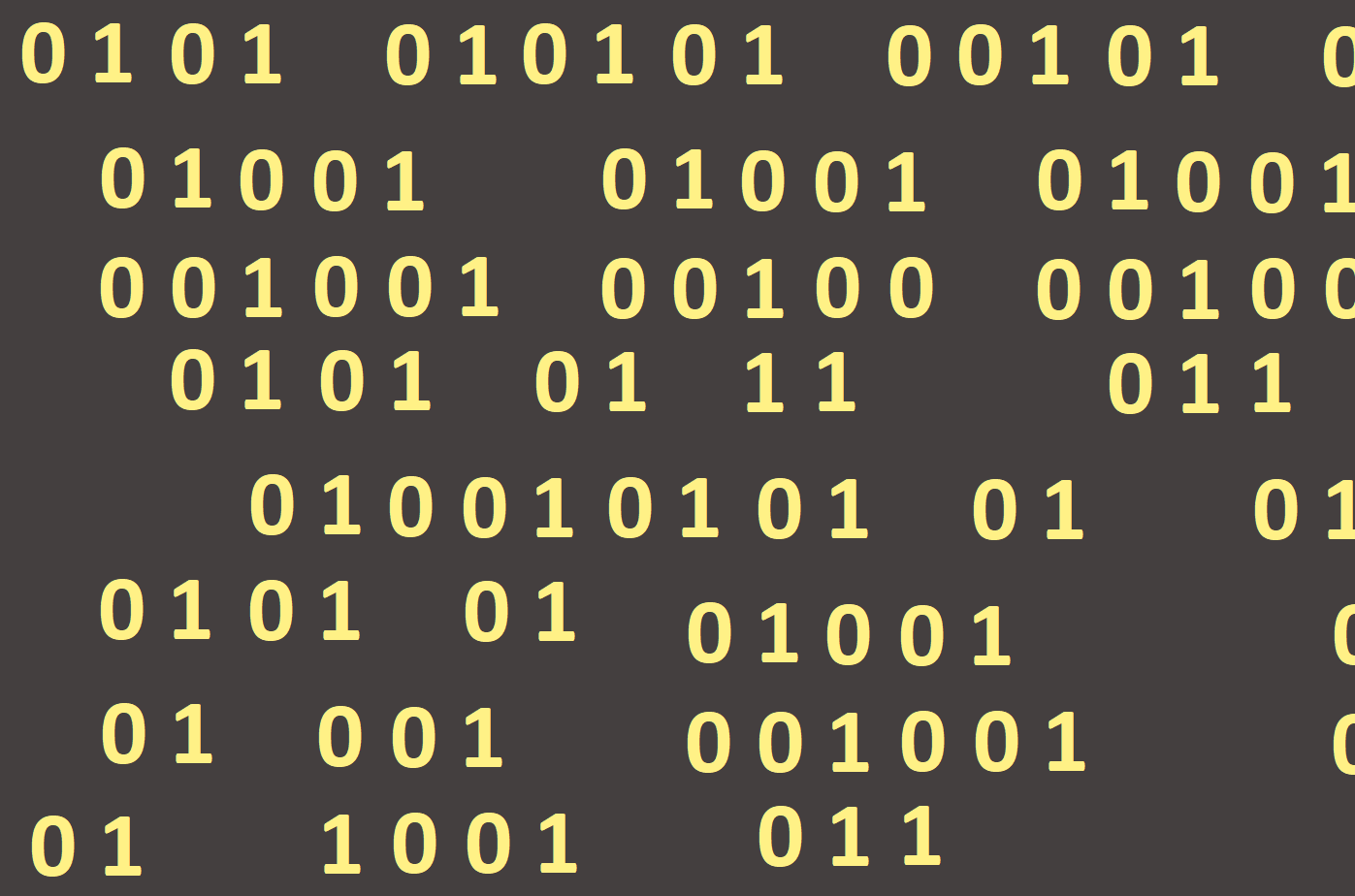
Standard scalar data types
Whole number (integer) data type
The integer type identifier is an integer specifying the final contiguous a subset of the whole numbers. As the individual words of the memory (but also the whole memory) contain the final number of bits, we can display the final count of different bits. Type integer is a set of values given by the [maxint, maxint] interval, where maxint is dependent on the computer, e. g. for older computers with a word length of 16 bits is maxint = 215 - 1 = 32767, which means the interval is [-32767, 32767]. Other integer types are:
- Byte - [0, 255]
- Word - [0, 65535]
- Shortint - [-128, 127]
- Longint - [-2147438346, 2147438346]
Operations
+ count
- subtraction
* multiplication
div integer quotient
mod remainder of integer division
< smaller
> bigger
= equal
<= smaller or equal
>= bigger or equal
<> not equal
Standard functions
succsuccessor
predpredecessor
ord serial number
abs absolute value
sqr squared
Real number types
The identifier for real numbers is real and is the final subset of real numbers dependent on translators with a range [10-38, 1038]. Real numbers are written either in a decimal or a semi-logarithmic form. Number entry in a semi-logarithmic form consists of a mantissa (decimal part of the logarithm) and the exponent (the power or the index of the root) that are mutually separated by the letter E with the meaning "10 times per".
The entry has the form: mantissaEexponent with the meaning "mantissa*10exponent". Mantissa can be whole or real number in the decimal form, the exponent may be a whole or a real number in the decimal form.
Enhanced real-type subtypes
- single - [1.5*10-45, 3.4*1038]
- double - [5.0*10-324, 1.7*10]
- comp - [-2-63+1, 263-1]
Operations
+ count
- subtraction
* multiplication
/ division
< smaller
> bigger
= equal
<= smaller or equal
>= bigger or equal
<> not equal
Standard functions
abs absolute value
trunc whole part of the real number
sqrt square root
sqr squared
roundrounding
ln natural logarithm
exp exp(x) = ex 25
Logic type
The logic type identifier is a boolean specifying the set of logical values that identify predefined identifiers true and false (true and false are therefore standard boolean type identifies). As every set of values of scalar types, the set of logical values is arranged by applying false<true.
We can assign a boolean type either as a specific value (true or false), or the result of some logical expression (the expression is evaluated and if the truth is acquired, the value is true, otherwise false).
Operations
and logical product
or logical sum
not logical negation
< smaller
> bigger
= equal
<= smaller or equal
>= bigger or equal
<> not equal
Standard functions
succ successor
pred predecessor
ord serial number
For a proper use of operations, it is necessary to explain what the result is.

Character type
The character type identifier is char that denotes a set of typographic characters such as letters, digits, punctuation marks, etc., which are expressed by displayable representation surrounded by the apostrophes (e. g. 'a', 'A', '?'). The second (less common) variant is the expression of the character using ASCII code (American Standard Code for Information Interchange) preceded by the # character and these characters are stored in the ASCII Table. Originally, it contained 128 characters of the English alphabet, but after the addition of national symbols, it has 255 characters.
Operations
< smaller
> bigger
= equal
<= smaller or equal
>= bigger or equal
<> not equal
Standard functions
succ successor
pred predecessor
ord serial number
upcase change of the lower case to a capital letter; if the letter is already
capital, nothing happens